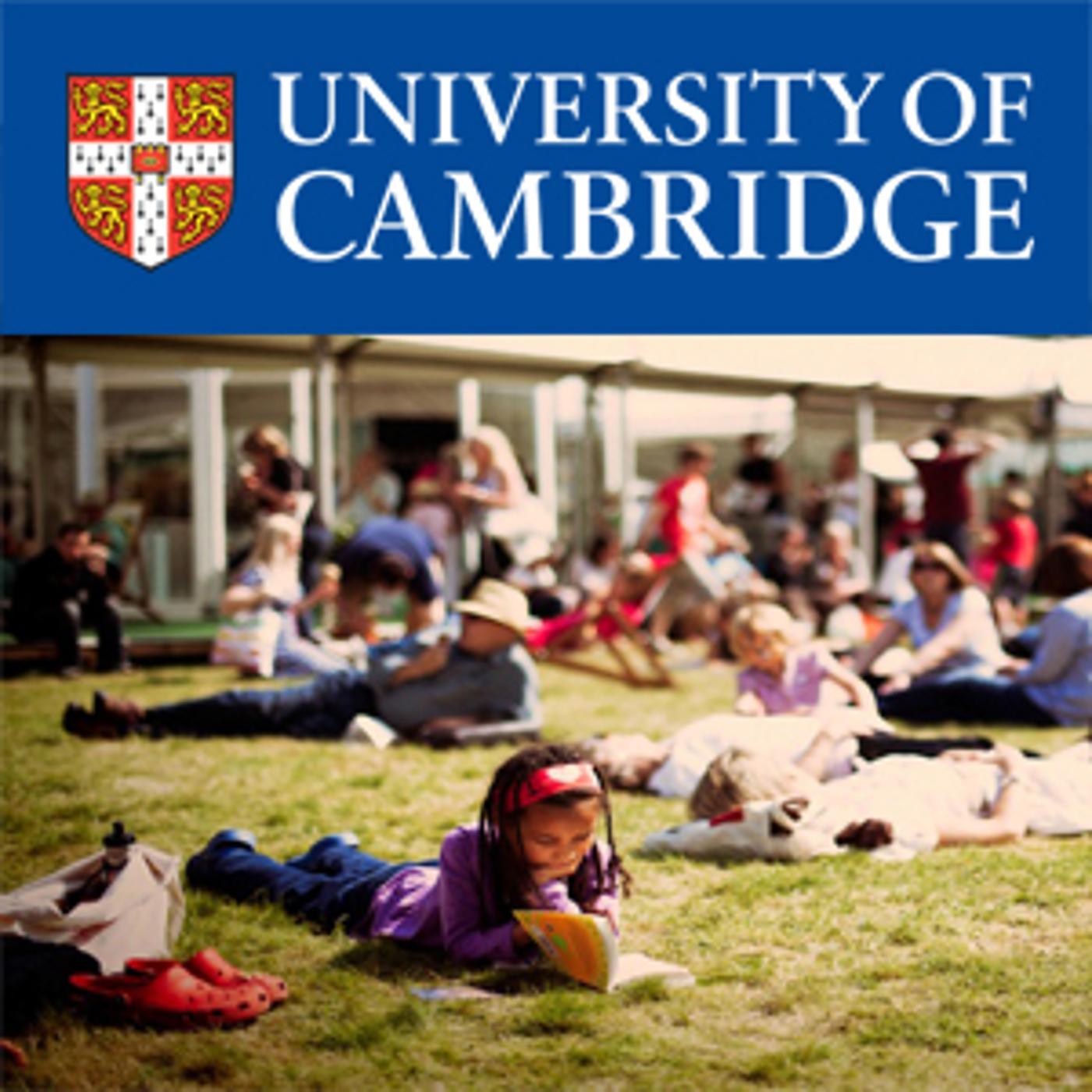Hay Festival lectures
Subscribed: 17Played: 38
Subscribe
© 2013
Description
The Hay Festival brings together writers from around the world to debate and share stories in the staggering beauty of the Welsh Borders. A host of Cambridge academics and alumni will speak about subjects ranging from obesity and smart drugs to US politics and domestic service at this year’s Hay Festival. 2013 is the fifth year that the University has run it Cambridge Series at the Hay Festival, one of the most prestigious literary events in the world. This year for the first time speakers include alumni such as Chris Blackhurst, editor of The Independent who will speak with Professor Simon Blackburn on the current crisis of trust in major institutions including the press, the police and parliament following a series of scandals.
11 Episodes
Reverse
Comments
Top Podcasts
The Best New Comedy Podcast Right Now – June 2024The Best News Podcast Right Now – June 2024The Best New Business Podcast Right Now – June 2024The Best New Sports Podcast Right Now – June 2024The Best New True Crime Podcast Right Now – June 2024The Best New Joe Rogan Experience Podcast Right Now – June 20The Best New Dan Bongino Show Podcast Right Now – June 20The Best New Mark Levin Podcast – June 2024






